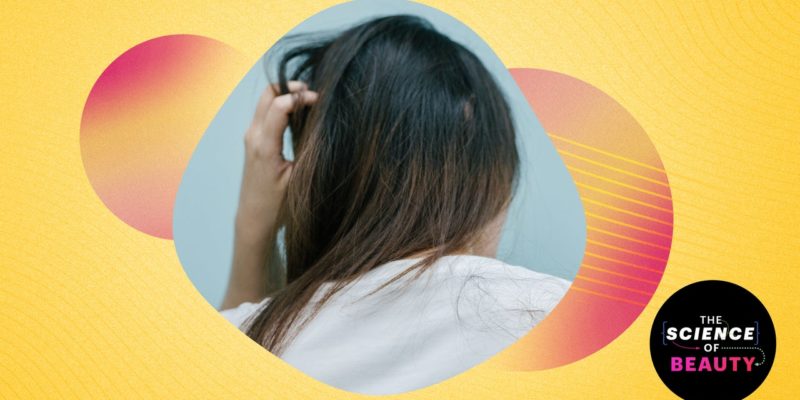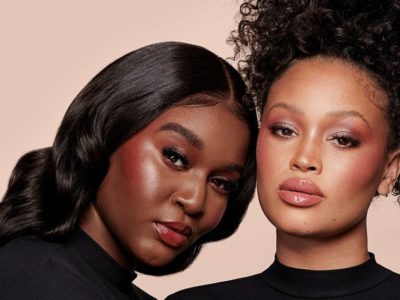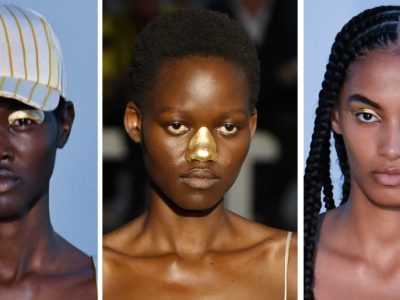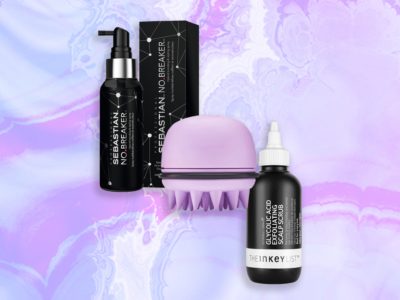
Adams recommends that those experiencing dryness consider a scalp toner, since many are formulated to be moisturizing. His personal favorite is Philip Kingsley Flaky Scalp Calming Scalp Toner with aloe vera and camphor.
If you’re experiencing dryness, it’s also important to wash with a gentle, moisturizing shampoo, followed by a moisturizing conditioner. Try to shampoo your hair less frequently and use warm water instead of hot water. Running a humidifier is another way to prevent dehydration.
How to Care For an Oily Scalp
While the amount of oil produced by follicles varies from person to person, those with certain hair types can actually appear to have oilier hair and scalps than others, even if their follicles are secreting the same amount of oil. “If you have fine, straight hair, that little blob of oil [that the glands of the scalp produces] is going to shoot right down to the tip of the hair and it’s going to make it oilier,” explains Henry. “If you have kinky, curly hair, that means that little blob of oil has to make its way down that tight coil and that hair tends to be a little bit drier.”
The first step to care for hair that’s on the oilier side is to shampoo more frequently. But resist the urge to regularly use clarifying shampoos. Instead, wash with a gentle, sulfate-free shampoo one day, and one that exfoliates the scalp the next (look for formulas that incorporate tea tree oil or salicylic acid).
Also, scalp exfoliators containing physical exfoliants like sea salt work great to remove the debris and buildup that often accumulate on an oily scalp, says Henry.
How should you treat scalp conditions?
Certain scalp conditions can result in hair breakage and even hair loss, so it’s vital to take the signs — like redness, irritation, and itchiness — seriously. A dermatologist can help correctly diagnose what may be going on, and outline the best treatment options for you.
What Is Dandruff and How to Treat It
Often mistaken as a symptom of dry scalp, dandruff — the shedding of skin cells from the scalp at an unusually high rate — is typically coupled with excessive oil production and the presence of a yeast-like fungus. Unfortunately, dandruff is an intermittently chronic condition and may never disappear permanently. And while anyone can get dandruff, some are more prone to it. It usually starts in puberty and tapers off after the age of about 50, and it’s more common in women than in men.





